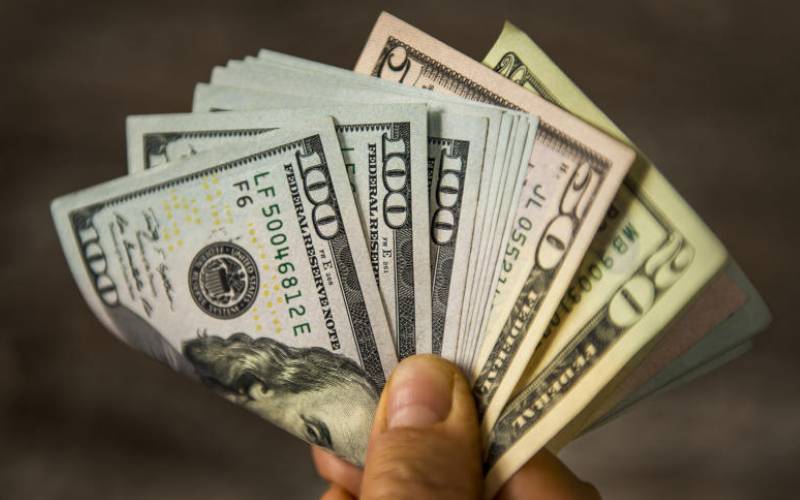×
The Standard e-Paper
Join Thousands Daily

The shilling has been on free-fall since the end of July when it was trading at 108.2 against the dollar. [Courtesy]
The weakening of the Kenya Shilling has hit importers hard after the local currency declined to a seventh-month low to trade at 110.08 against the dollar.